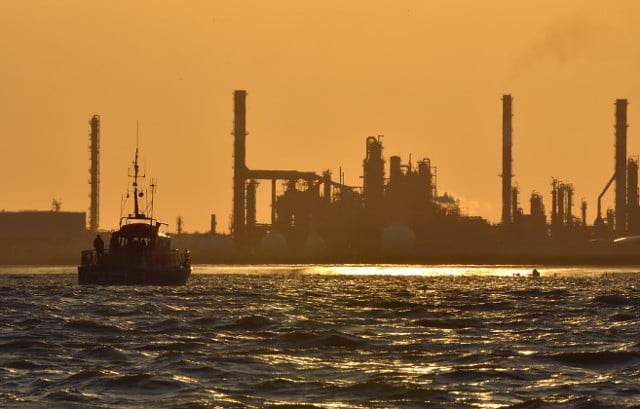- France to ban licences for oil and gas exploration
- France's new 'climate plan': Sales of petrol and diesel vehicles to end by 2040

The French government unveiled plans Wednesday to put an end to oil and gas production on its territory in a largely symbolic move it hopes will inspire bigger producing nations to copy.

